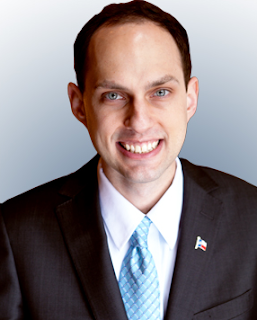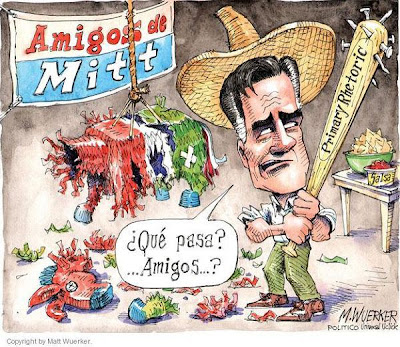 The Texas Voter Photo I.D. case currently before the federal Washington D.C. Circuit Court took another step forward today as the three judge panel heard opening arguments in the trial.
The Texas Voter Photo I.D. case currently before the federal Washington D.C. Circuit Court took another step forward today as the three judge panel heard opening arguments in the trial.
The three judge panel will decide whether Texas can enforce its year-old voter photo I.D. law, which the U.S. Department of Justice contends will prevent over 600,000 registered Latino and African-American voters from casting a ballot in the November General Election.
Originally set to go into effect on January 1, 2012, the Texas Photo I.D. law would require voters to present one of a limited selection of government issued photo I.D. to election Judges in order to qualify to vote. The accepted forms of currently dated photo identification are: Department of Public Safety issued Texas driver's license, Texas election I.D., or personal identification card; Texas concealed handgun license; U.S. military I.D. card; U.S. citizenship certificate; or U.S. passport.
Under Section 5 of the Voting Rights Act, the Justice Department or a federal court is required to pre-clear laws affecting voters before they go into effect in jurisdictions with a history of voting discrimination -- and that includes Texas.
In March, the U.S. Justice Department Civil Rights Division refused to clear the Texas law, known as Senate Bill 14 (SB 14), saying Texas officials had failed to prove that it wouldn’t adversely affect minorities. Texas Attorney General Greg Abbott filed suit against U.S. Attorney General Eric Holder and the Department of Justice in the Washington D.C. Circuit Court to have the state’s controversial voter photo I.D. law implemented without further delay.
Under federal law, lawsuits seeking so-called “pre-clearance” of changes to voting procedures in all of seven mostly Southern states and parts of nine others, are heard by three-judge panels composed of two district court judges and an appeals court judge. D.C. Circuit Judge David Tatel and District Court Judges Rosemary Collyer and Robert Wilkins were impaneled to hear the Texas photo ID case.(click here to read a full summary of case through early June 2012.)
As the trial got under way in a packed courtroom, DOJ trial attorney Elizabeth Westfall said in her opening argument that the federal government will show racial motivation in Texas’ passage of the law.







